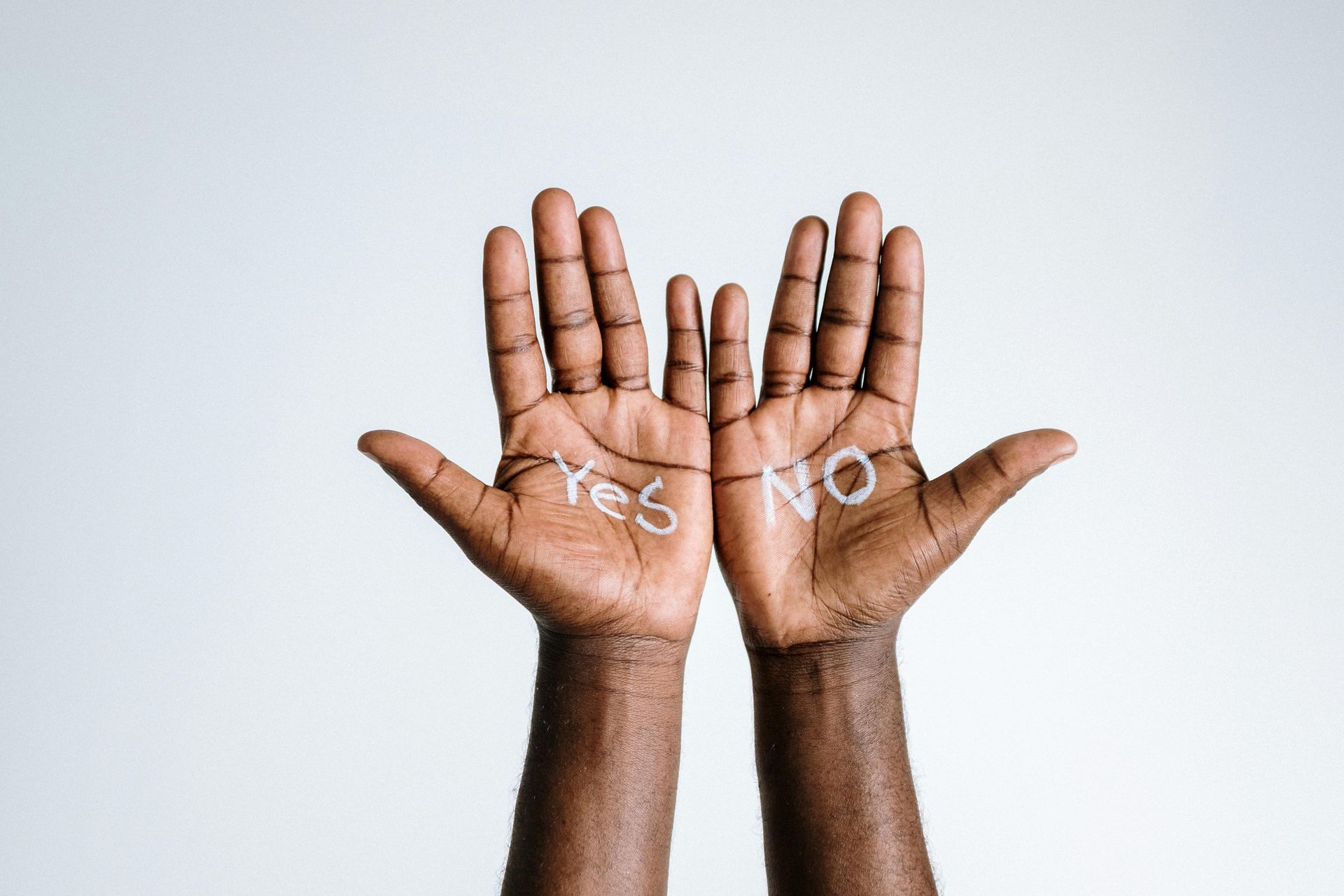Houston Copyright Infringement Attorneys
Let Wilson Whitaker Rynell help protect federally registered copyrighted works in court.
Houston Copyright Infringement Attorneys
Copyright infringement is the unauthorized use or reproduction of copyrighted material without the permission of the copyright holder.
Copyright Protection In The United States
Welcome to Wilson Whitaker Rynell, Houston’s premier law firm specializing in copyright infringement litigation. Our experienced team of litigators is dedicated to protecting the intellectual property rights of creators, innovators, and businesses. Whether you're an artist, writer, musician, or corporation, we provide aggressive legal representation tailored to meet your unique needs. Our firm combines deep industry knowledge with a proactive approach to ensure your creative assets are vigorously defended. Trust Wilson Whitaker Rynell to navigate the complexities of copyright law and deliver results that safeguard your work and your future. Contact us today for a consultation.
What Is Copyright Infringement?
Copyright infringement involves the unauthorized use, reproduction, distribution, performance, display, or creation of derivative works from copyrighted material without explicit permission from the copyright holder. It's essential to recognize common forms of infringement to avoid legal consequences.
Understanding Copyright Infringement: Key Examples and Legal Implications
Common Copyright Infringement Scenarios Include:
- Unauthorized Reproduction: This includes copying and distributing copyrighted books, music, videos, software, and other materials without the copyright owner's permission.
Defenses Against Copyright Infringement
When creating online content or launching digital campaigns, it's crucial to be vigilant about copyright laws to avoid legal complications. However, if you find yourself accused of copyright infringement, there are several defenses you might consider. Understanding these defenses can help protect your work and ensure that your use of copyrighted material falls within legal boundaries. Here is a detailed list of potential defenses against copyright infringement, each accompanied by examples to illustrate how they can be applied in practical scenarios.
- Fair Use:
This defense applies when the use of copyrighted material is limited and transformative for purposes such as criticism, comment, news reporting, teaching, scholarship, or research. Example:
A non-profit educational website uses small excerpts from a copyrighted novel in a literary analysis video. The use is transformative because it provides educational commentary and critique.
- License or Permission:
Having a license means you have permission from the copyright holder to use the material in the way specified in the agreement. Example:
A blogger has obtained permission from a photographer to use their copyrighted photographs within a travel blog post. This permission could be via a direct license or through a licensing platform.
- First Sale Doctrine:
This defense allows the resale of copyrighted materials or their distribution after the initial purchase, as long as the product has been lawfully purchased. Example:
A bookstore resells used copyrighted novels that it purchased from the original buyers, which is legal under the first sale doctrine.
- De Minimis Use:
This defense argues that the amount of copyrighted material used is so trivial that it does not qualify as infringement. Example:
A filmmaker briefly shows a copyrighted painting in the background of a movie scene. The use is incidental and likely considered too minor to constitute infringement.
- Innocent Infringement:
This occurs when an infringer did not know, and had no reason to believe, that their actions constituted copyright infringement. Example:
A new graphic designer uses a copyrighted image found on an unrestricted image sharing platform, mistakenly believing it to be free for commercial use.
- Doctrine of Laches:
This legal doctrine prevents a copyright holder from pursuing a case if they waited too long to complain about the infringement, and the delay prejudiced the defendant. Example:
A musician fails to sue another artist for copyright infringement for several years, during which the second artist has built a career around the disputed work.
- Statute of Limitations:
Infringement claims must be made within a specific time period from the date of the alleged infringement. If the lawsuit is filed after this period, the defense can argue that the statute of limitations has expired. Example:
An author discovers that their book was copied and sold by another publisher but only files a lawsuit five years after learning of the infringement, exceeding the statutory period.
CLIENT MATTERS
5,000+
YEARS OF SERVICE
25+
Award Winning
Recognized in the legal industry as dedicated board-certified lawyers and Rising Stars.
Expert Team
Your project will be handled by legal experts every time. You will have the most experienced attorneys working for you.











